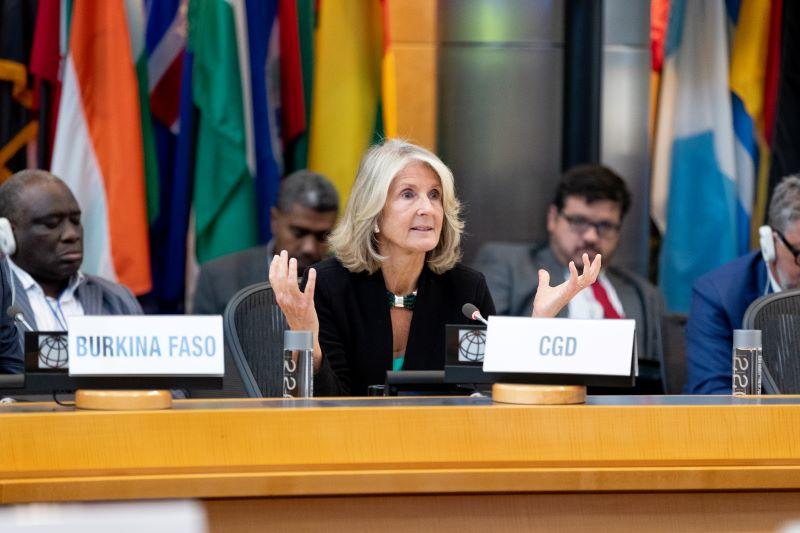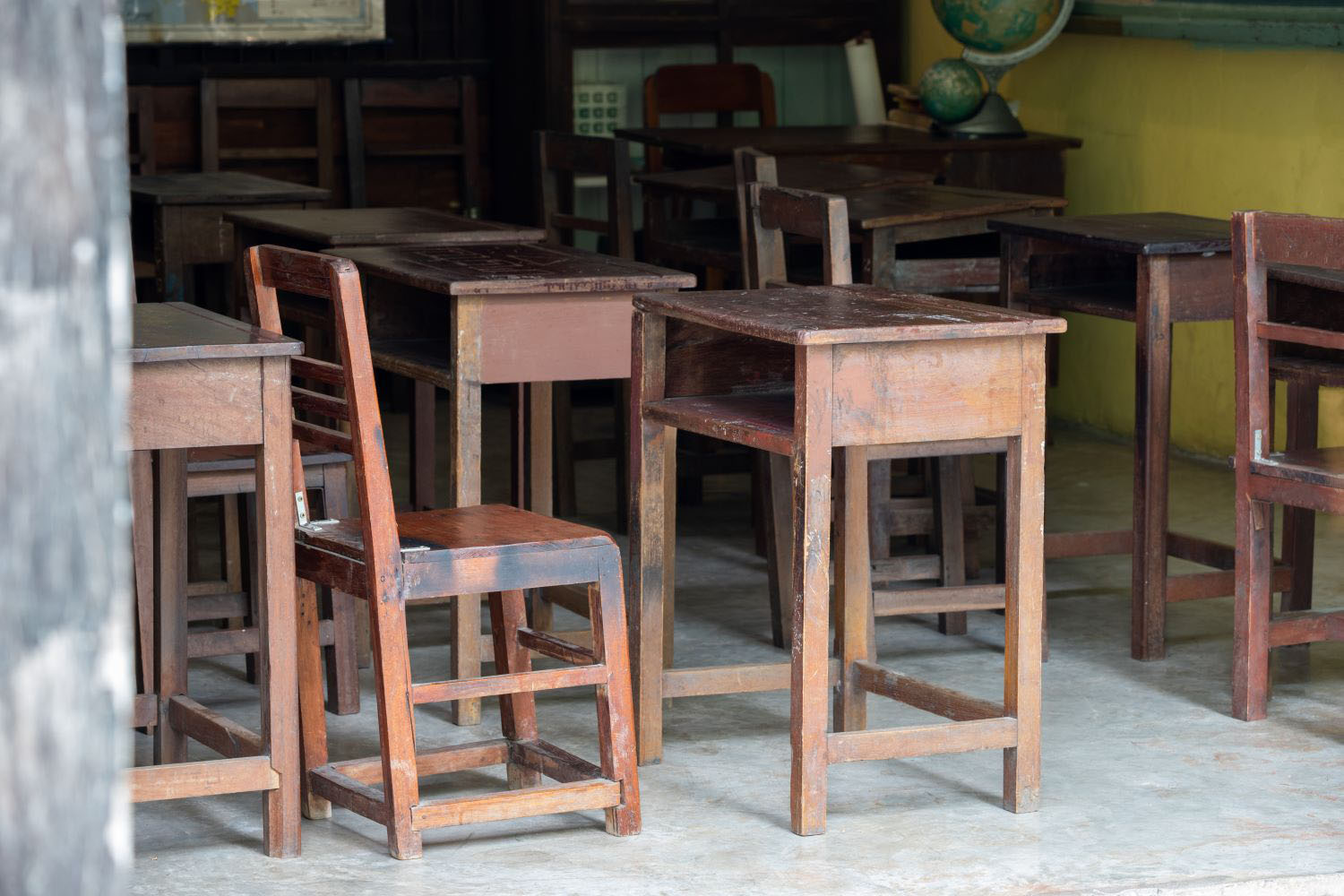Last week, the World Bank began a new initiative to tackle education financing challenges. Below are CGD Visiting Fellow Barbara Bruns' prepared remarks at the Global Platform for Education Finance launch.
One of the two truly great things about this initiative is the emphasis not just on mobilizing more funding, but on achieving more progress. As every finance minister on this panel knows, the world is a place of competing priorities and the real challenge is not to achieve learning for all – but to achieve learning for all at minimum global cost. This requires smart policies and programs grounded in evidence on what works best. And that requires better data.
Over my time in the World Bank, I had the exceptional luck to work with four countries in Latin America that have made big and sustained progress in raising student learning: Peru, Chile, Ecuador and Brazil. Political economy – committed Presidents, exceptionally talented ministers and policy continuity – played a big role in all four countries. But well before they launched big reforms, all four countries started by putting the building blocks of basic data in place: a school census with school codes and unique identifiers for all students, HR systems that could track teacher deployments and salaries; and financing data that permitted analysis of spending per student across schools, districts and regions. Then they put in place good quality student assessment systems – and joined a regional assessment to benchmark their own progress against their peers. These building blocks gave Ministers the tools to make funding more equitable – such as with Brazil’s FUNDEB – or to create incentives for performance – such as with Chile’s SNED and school bonus programs in Peru and Ecuador. It also gave Ministers the core data they need to evaluate the cost-effectiveness of any new program.
This week, we are celebrating the Nobel Prize Committee’s recognition of Esther Duflo, Abijheet Banerji and Michael Kremer for their huge contribution to the economics of poverty, and a lot of their work is especially relevant for education and health. Most of the talk this week has been about how randomized, rigorous evaluations – that allow us to be sure about causal impact – can inform the design of more effective policies. But an equally important contribution of JPAL has been to stress the importance of good data on costs, and to remind us that the challenge is not just to find “what works” to raise learning or keep kids in school – but to find the best, smartest and least-cost ways to achieve these things. It is great that this is exactly the focus of the Global Platform.
The second truly great thing about this initiative is that it recognizes that the only way to make progress on financing is to bring all development partners together in a coordinated effort. There are a lot of global actors working on pieces of the puzzle, but it hasn’t been coming together. The GPE supports sector planning, which includes financial planning. UNESCO’s Institute for Statistics and IIEP have been working on national education accounts. The World Bank has the expertise and lending instruments to support better expenditure analysis in education and planning linked to the broader fiscal context. The IMF has the mandate and resources to monitor countries’ fiscal performance in an overall macro framework. The OECD and UNICEF’s MICS also collect relevant financing data. Without a mechanism like the Global Platform, there have been gaps and duplication in these efforts. Bringing all partners together to work in a coherent and coordinated way is a great stride forward.
CGD blog posts reflect the views of the authors, drawing on prior research and experience in their areas of expertise.
CGD is a nonpartisan, independent organization and does not take institutional positions.






